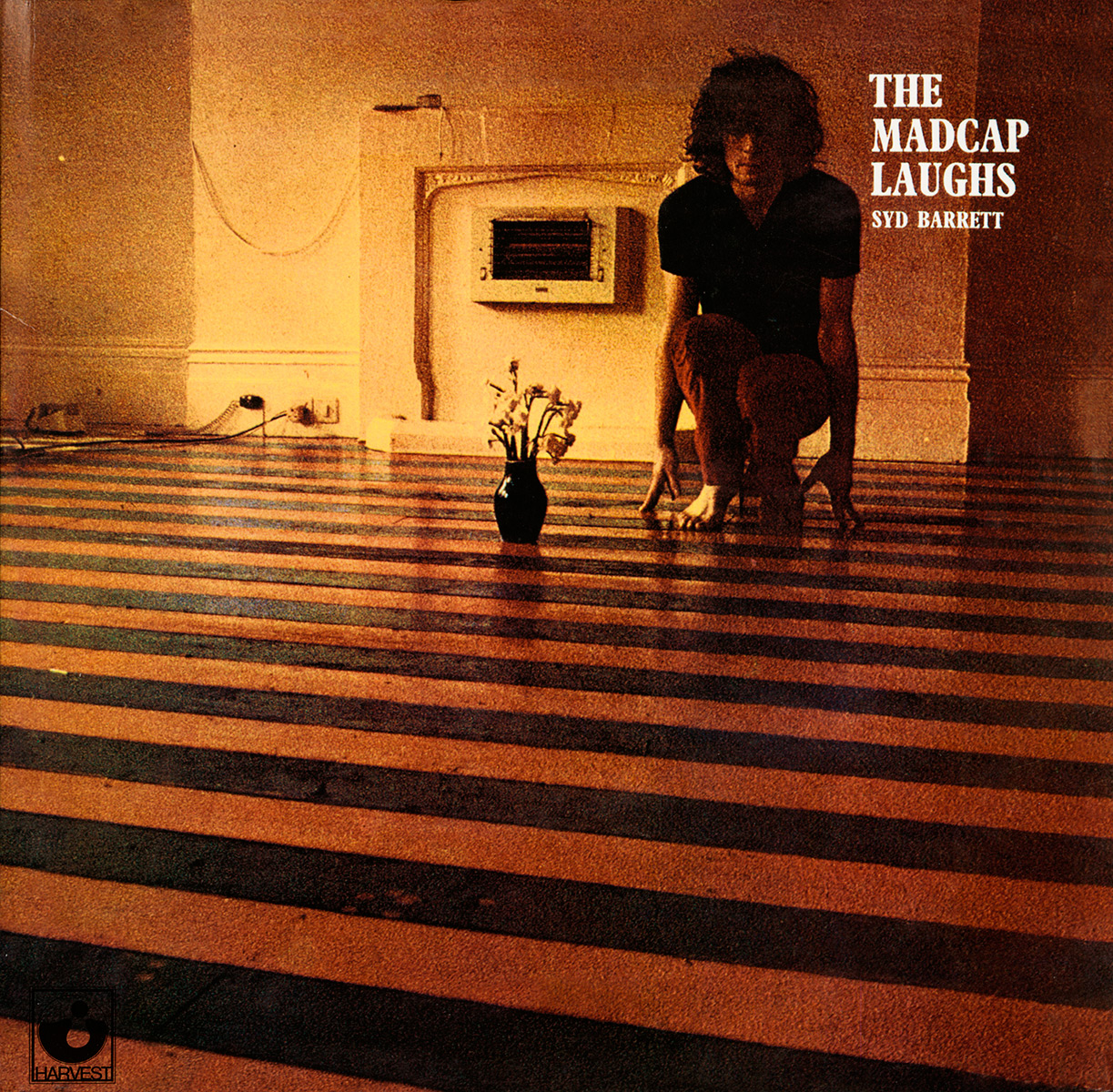


Nick Mason later commented on Jenner & King leaving with Barrett many years later: "Peter and Andrew clearly felt that Syd was the creative centre of the band, a reasonable point of view given our track record up until that point. Recording Peter Jenner sessions Īfter Barrett left Pink Floyd in April 1968, Peter Jenner and Andrew King, from the band's management, followed suit. Upon leaving the band, Barrett said to Melody Maker: "I suppose it was really just a matter of being a little offhand about things". On 6 April, the group officially announced that Barrett was no longer a member of Pink Floyd. At his last rehearsal with the band, he presented a new song entitled "Have You Got It Yet?", which proved to be deliberately unplayable as the others attempted to join in, until they realised the joke of the title. Waters and fellow band members keyboardist Richard Wright and drummer Nick Mason soon grew weary of Barrett's on-stage antics and, on 26 January 1968, when Waters was driving his bandmates from London to a show at Southampton University, they all agreed to go without Barrett: according to Gilmour's recollection, one person asked, "Shall we pick Syd up?" and another said, "Let's not bother." Since Barrett had written or co-written 10 of the 11 songs on their debut album, The Piper at the Gates of Dawn, as well as the band's three singles up to this point, the original plan was to keep him in the group as a non-touring member − in a similar arrangement to what The Beach Boys had done with Brian Wilson − but this soon proved to be unworkable. For several shows Gilmour sang and played guitar while Barrett wandered around on stage, every now and then deciding to join in playing guitar and singing. Īround Christmas 1967, guitarist David Gilmour, an old friend of Barrett's from Cambridge, was asked by the other members of Pink Floyd to join as a second guitarist, initially not to replace Barrett, but cover for him, because his unpredictable behaviour prevented him from performing. Sometime in October, Jenner transferred tapes of "In the Beechwoods", two takes of " Vegetable Man", and a 5-minute backing track called "No Title", which Jenner hoped Barrett would finish eventually. At a show at The Fillmore in San Francisco, during a performance of " Interstellar Overdrive", Barrett slowly detuned his guitar the audience seemed to enjoy such antics, unaware of the rest of the band's consternation. At this point, Barrett's condition grew steadily worse. A few dates in September were followed by the band's first tour of the United States. Band manager Peter Jenner and bassist Roger Waters arranged for Barrett to see a psychiatrist (an appointment he failed to attend), while a stay on the Spanish island of Formentera with Sam Hutt, a doctor well established in the underground music scene, led to no visible improvement in Barrett's behaviour. In August 1967, Pink Floyd were forced to cancel their appearance at the prestigious National Jazz and Blues Festival, informing the music press that Barrett was suffering from nervous exhaustion. Many report having seen him on stage with the group during this period, strumming on one chord through an entire concert or not playing at all. In the second half of 1967 and through to early 1968, when still part of Pink Floyd, Barrett's behaviour became increasingly erratic and unpredictable. A newly remastered version was released in 2010. The album was remastered and reissued in 1993, along with Barrett's other albums, Barrett (1970) and Opel (1988), independently and as part of the Crazy Diamond box set. It was re-released in 1974 as part of Syd Barrett (which contained The Madcap Laughs and Barrett), which saw the first US issue of the two LPs. The Madcap Laughs, released in January 1970 on Harvest in the UK but not released in the US until 1974, enjoyed minimal commercial success on release, reaching number 40 on the UK's official albums chart. Among the guest musicians are Willie Wilson from Gilmour's old band Jokers Wild and several members of Soft Machine. The album had a lengthy recording history, with work beginning in May 1968, but the bulk of the sessions taking place between April and July 1969, for which five different producers were credited − including Barrett, Peter Jenner (1968 sessions), Malcolm Jones (early-to-mid-1969 sessions), and fellow Pink Floyd members David Gilmour and Roger Waters (mid-1969 sessions). It was recorded after Barrett had left Pink Floyd in April 1968. The Madcap Laughs is the debut solo album by the English singer-songwriter Syd Barrett.


 0 kommentar(er)
0 kommentar(er)
